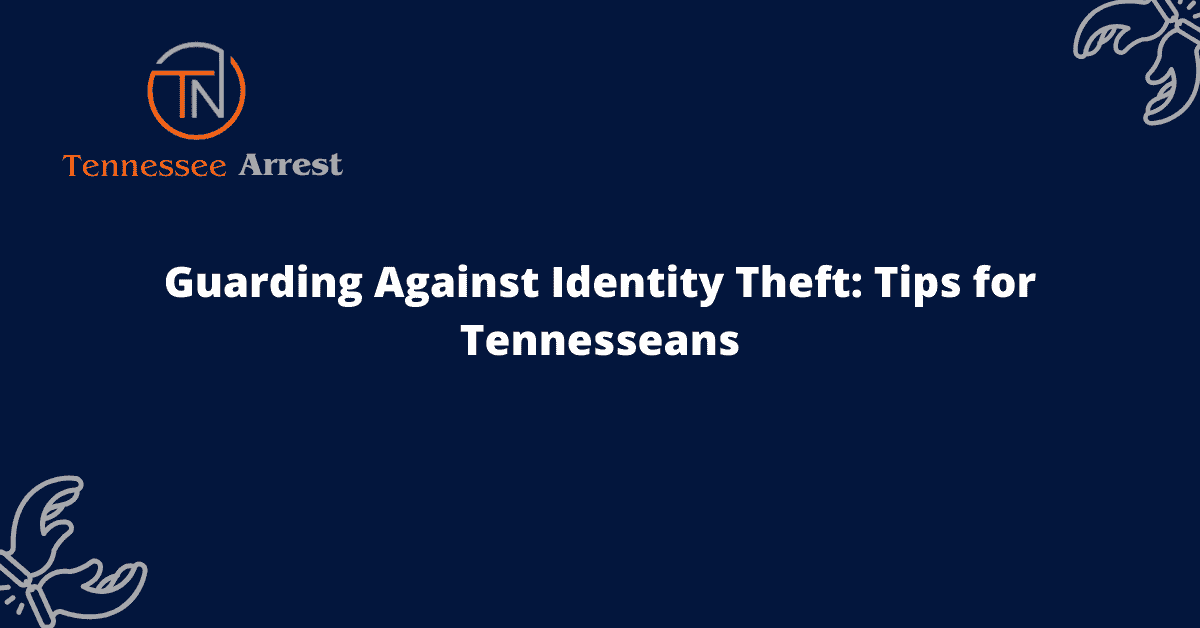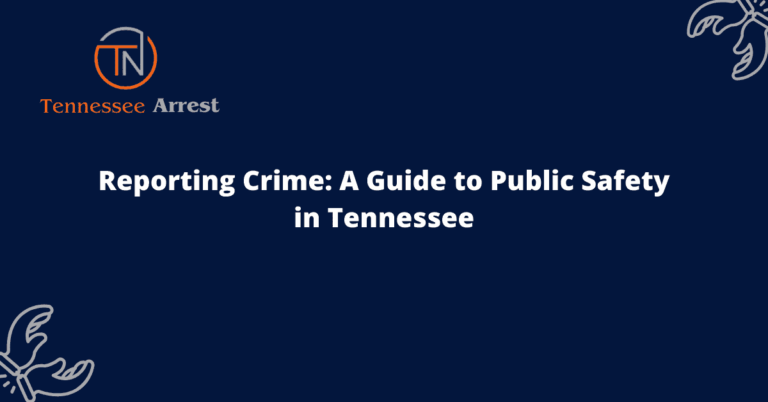Guarding Against Identity Theft: Tips for Tennesseans
Identity theft is a serious crime that can wreak havoc on a person’s life. In today’s digital age, it has become easier than ever for thieves to steal personal information and use it for their own gain. This is why it is important for individuals to take steps to protect themselves against identity theft. In this article, we will discuss some tips specifically tailored for residents of Tennessee on how to guard against identity theft.
Tennessee Identity Theft Prevention Tips
Identity theft is a serious crime that can have devastating effects on a person’s life. In today’s digital age, with increased connectivity and online transactions, it has become easier than ever for thieves to steal personal information and use it for their own gain. Residents of Tennessee need to be proactive in safeguarding their identities against such threats. Here are some tips to help protect yourself against identity theft:
Secure Your Personal Information
One of the first steps in preventing identity theft is to secure your personal information. This includes your Social Security number, driver’s license number, and financial account details. Keep these documents and information in a safe place, and only provide them when absolutely necessary. Be cautious when sharing personal information online and make sure you are using secure websites for transactions.
Regularly Monitor Your Financial Accounts
Regularly monitoring your financial accounts is essential in detecting any unauthorized activity. Check your bank statements, credit card statements, and other financial accounts on a regular basis. If you notice any suspicious transactions or unfamiliar charges, report them immediately to your bank or credit card company.
Shred Sensitive Documents
Thieves can obtain personal information by rummaging through trash or recycling bins. To prevent this, shred any documents that contain sensitive information before discarding them. This includes old bills, bank statements, medical records, and any other documents that could potentially be used to steal your identity.
Be Wary of Phishing Attempts
Phishing is a common tactic used by identity thieves to trick individuals into revealing their personal information. Be cautious of unsolicited emails, text messages, or phone calls that request personal information. Legitimate organizations will never ask for sensitive information via these methods. If you receive such a request, contact the organization directly using their official contact information to verify its authenticity.
Use Strong and Unique Passwords
Using strong and unique passwords is crucial in protecting your online accounts from being hacked. Avoid using easily guessable passwords such as birthdates or common words. Instead, create complex passwords with a combination of letters, numbers, and symbols. Additionally, use different passwords for each of your online accounts to minimize the risk of multiple accounts being compromised if one password is stolen.
Regularly Update Your Software
Keeping your devices and software up to date is essential in guarding against identity theft. Software updates often contain security patches that address vulnerabilities that could be exploited by hackers. Enable automatic updates for your operating system, web browsers, antivirus software, and other applications to ensure you have the latest protection against potential threats.
FAQs
What is identity theft?
Identity theft is a crime where someone steals another person’s personal information, such as their name, Social Security number, or credit card details, to commit fraud or other illegal activities.
How can I protect myself from identity theft?
To protect yourself from identity theft, you should regularly monitor your financial accounts, shred sensitive documents, use strong and unique passwords, be cautious of phishing emails or calls, and keep your personal information secure.
What should I do if I suspect that my identity has been stolen?
If you suspect that your identity has been stolen, you should immediately contact your financial institutions, credit reporting agencies, and the local authorities. You should also consider placing a fraud alert or credit freeze on your accounts.
Are there any specific tips for Tennesseans to guard against identity theft?
Tennesseans can guard against identity theft by regularly reviewing their credit reports, being cautious of sharing personal information online or over the phone, and considering using identity theft protection services. It is also important to report any suspicious activities to the appropriate authorities.
How can I prevent identity theft when shopping online?
To prevent identity theft when shopping online, you should only use secure websites and ensure that they have a valid SSL certificate. It is also essential to use strong passwords, avoid clicking on suspicious links or pop-ups, and regularly update your antivirus software.
What are some common signs that my identity has been stolen?
Some common signs that your identity has been stolen include unauthorized transactions in your financial accounts, receiving bills or statements for accounts you do not recognize, being denied credit for no apparent reason, or receiving calls from debt collectors for debts you did not incur.
Conclusion
Identity theft is a significant concern for residents of Tennessee and requires proactive measures to minimize the risk. By securing personal information, monitoring financial accounts, shredding sensitive documents, being cautious of phishing attempts, using strong passwords, and regularly updating software, individuals can greatly reduce their vulnerability to identity theft. Stay vigilant and take these precautions to safeguard your identity and protect yourself from the potential havoc caused by this serious crime.







